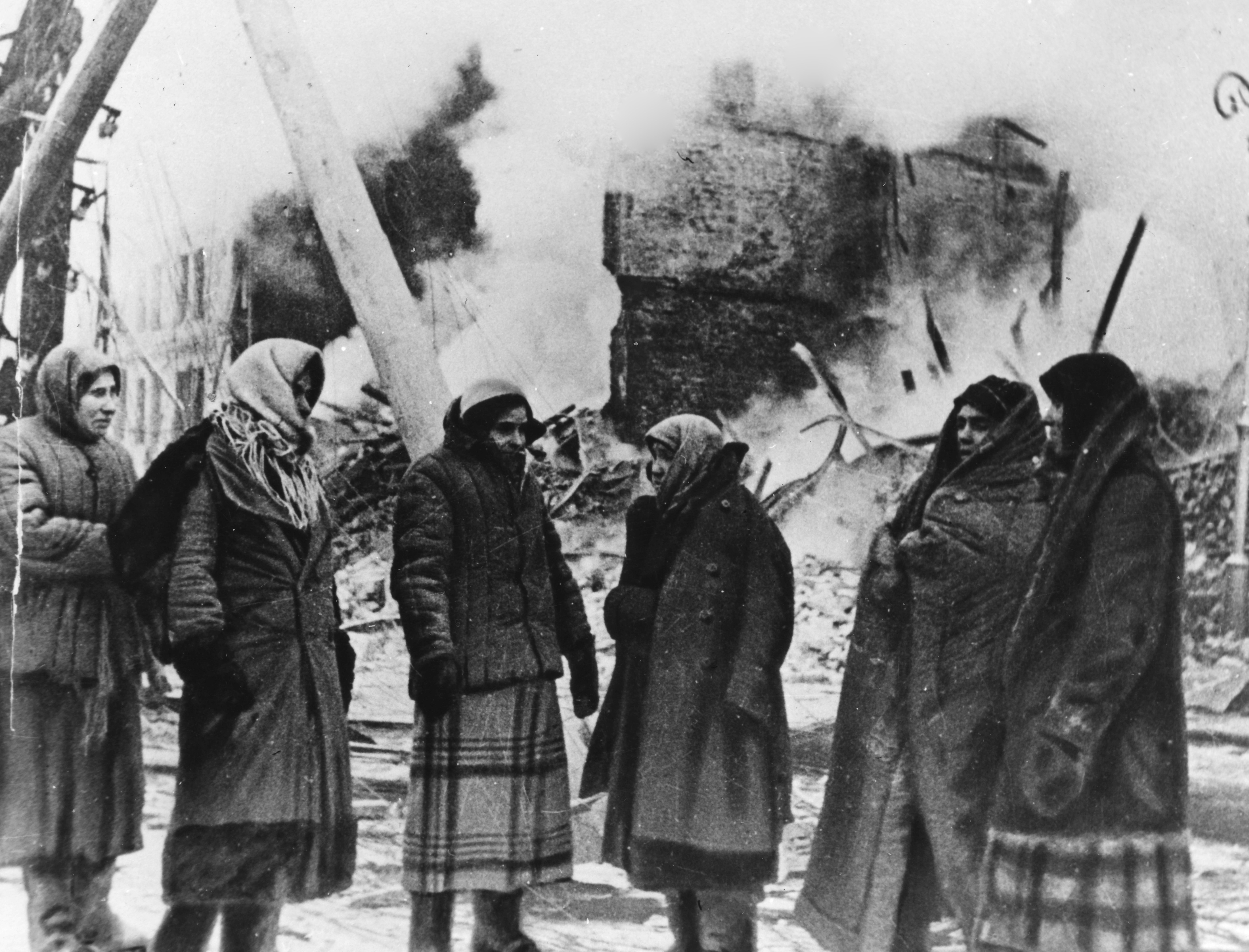On Wednesday, the New York-based Conference on Jewish Material Claims Against Germany announced that Germany has agreed to allot first-time pensions for victims of the Holocaust who survived the Leningrad Siege as well as survivors who were in hiding in France, and those who lived through persecution in Romania who are not currently receiving Shoah-related pensions.
“Every year these negotiations become more and more critical, as this last generation of survivors age, their needs increase,” Gideon Taylor, president of the Claims Conference, said in a statement. “We are thrilled to be able to expand the criteria for survivors again this year, including the first-time pensions for nearly 6,500 survivors. Even 75 years after the Holocaust, these symbolic payments provide recognition and restore a piece of the dignity taken from survivors in their youth.”
The German blockade of Leningrad began in September 1941, trapping half a million Soviet troops and roughly 3 million civilians inside and around the city.
But even before the blockade, Nazi leaders had enacted a policy of premeditated murder on the inhabitants of Leningrad.
On May 2, 1941, over a month prior to Operation Barbarossa — the German invasion of the Soviet Union — Third Reich ministers conducted a meeting that amounted to an official session for Economic Command Staff East, and recorded the following memorandum:
“The war can only continue to be waged if the entire Wehrmacht is fed from Russia…. As a result, if what is necessary is extracted from the land, tens of millions of people will doubtlessly starve to death.”
And while estimates of the death toll vary, over 1 million inhabitants of the city died of starvation, hypothermia and cannibalism, as well as from enemy bombing and shelling. The siege, one of the longest and most destructive in the history of warfare, came to an end on January 27, 1944.
Amid the depravity, Jewish citizens of Leningrad were targeted in particular. “There were extra measures that the Germans did against Jews,” Greg Schneider, executive vice president of the Claims Conference, told the Associated Press.
Nazis dropped leaflets into the city urging other residents to betray their Jewish neighbors and caused riots, which were then blamed on the Jews.
Nonna Revzina, now 85, was just five years old when the Germans surrounded Leningrad. She recalled to the Associated Press how she watched the siege unfold from the sixth floor of her tenement building. Her father died of hunger and illness in 1942, and she had witnessed her mother carrying his body on a sled to a place nearby where hundreds of dead bodies were piled up.
For survivors like Revzina, the monthly pension of € 375 ($443) — retroactively from July on — will help ease the cost of living.
A 2019 study published by JAMA Network Open, found that Holocaust survivors had higher rates of chronic health conditions than the general population in Israel as a result of psychological trauma and being deprived of proper nutrition when they were young — yet survivors tended to live an average 7 years longer.
“For many of these survivors the funds will also relieve crushing poverty which require survivors to choose between food, medicine, or rent,” Schneider said in a statement. “At a time when Holocaust survivors globally are facing insurmountable challenges due to COVID and their fragility, we are proud to be able to offer some hope in that roughly $767 million dollars in compensation programs will be dispersed to survivors around the world.”





